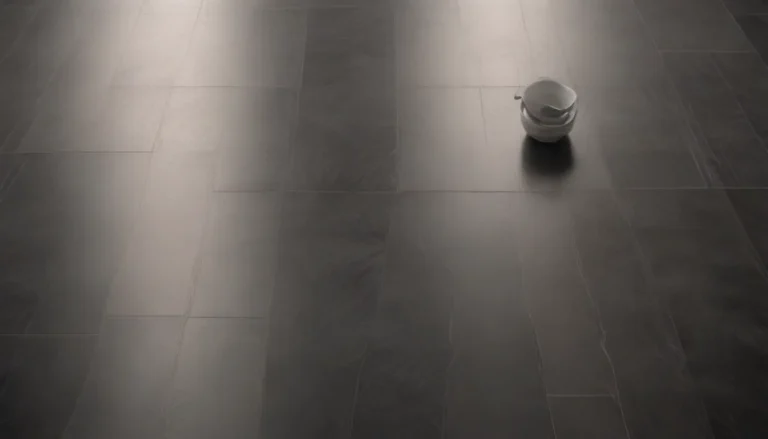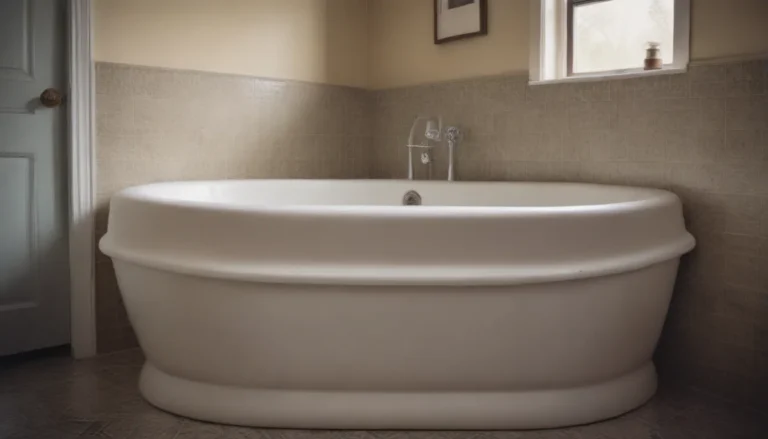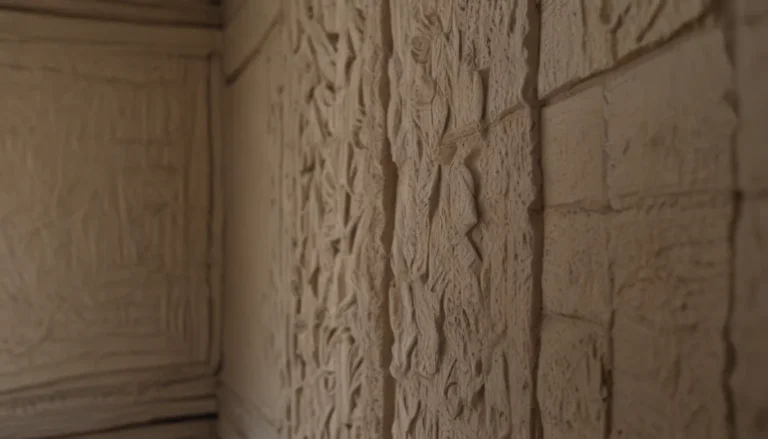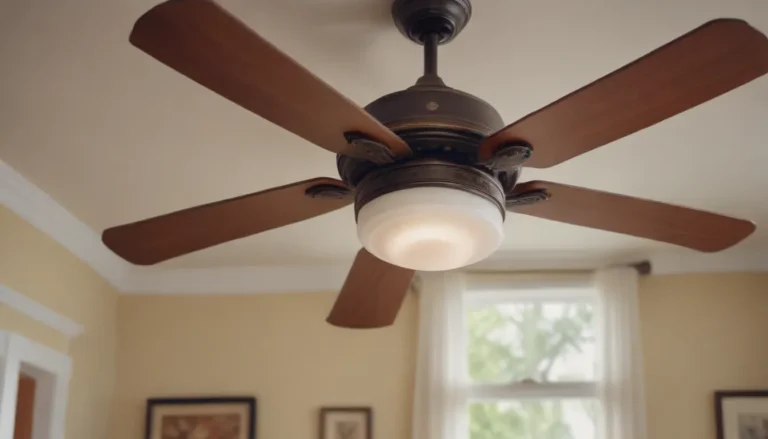Exploring the World of Wood Doors: Solid Wood, Solid Core, and Hollow Core Doors Unveiled
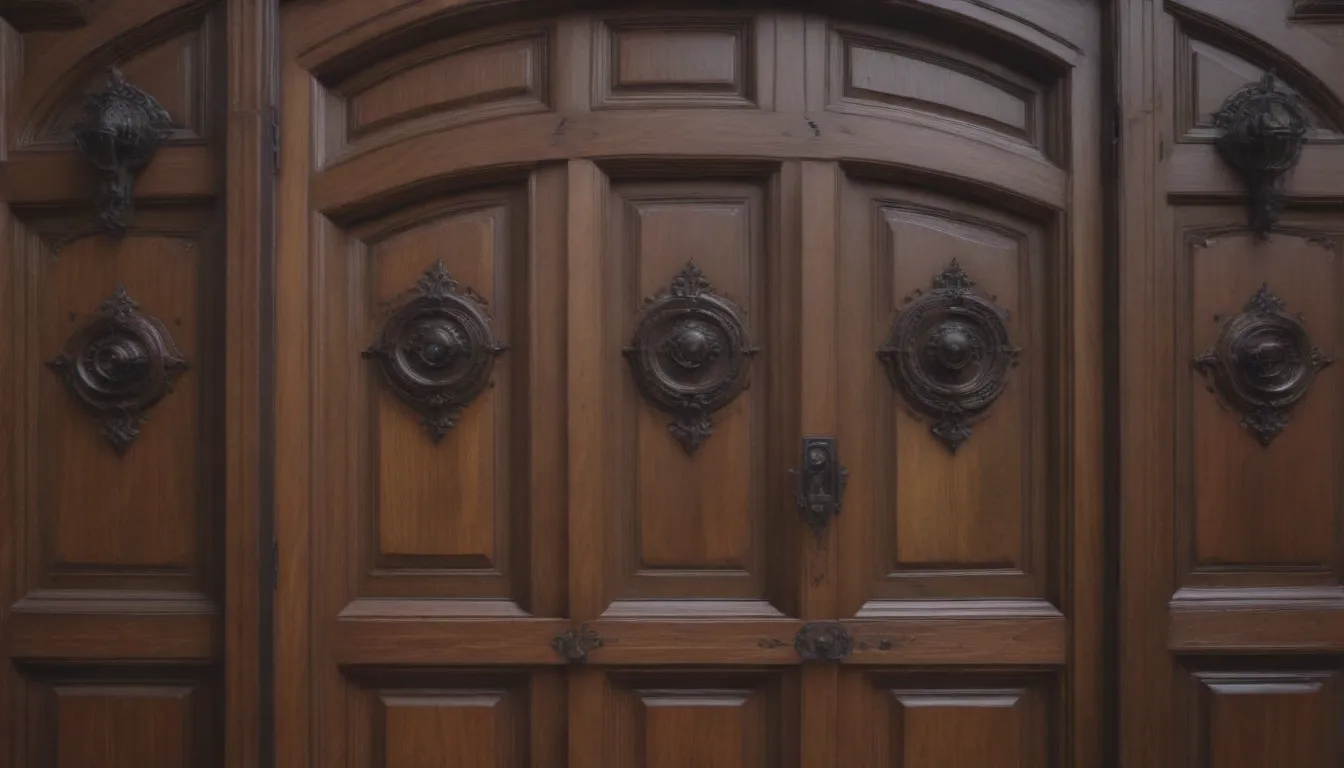
As homeowners, we all know the importance of choosing the right doors for our living spaces. Doors not only serve as functional barriers within our homes but also play a crucial role in enhancing the aesthetic appeal and security of our living areas. Traditional solid wood doors have long been the epitome of elegance and durability, but with advancements in technology and construction methods, newer options like solid core and hollow core doors have emerged as viable alternatives. Let’s delve into the world of wood doors and compare the characteristics of solid wood, solid core, and hollow core doors to help you make an informed decision for your home.
Understanding the Basics
Wood doors used in residential construction generally fall into three categories: solid wood, solid core, and hollow core. Each type has its own unique construction and characteristics that cater to different needs and preferences. Let’s take a closer look at each type to understand their distinctions:
Solid Wood Doors
Solid wood doors are exactly what their name suggests – doors made entirely of wood, except for the hardware components like knobs and hinges. Contrary to popular belief, solid wood doors are not typically constructed from a single slab of wood. Instead, they are crafted by piecing together smaller wood elements to form a sturdy and resilient door. Solid wood doors can be used for both interior and exterior purposes, offering a timeless appeal and natural beauty to any living space.
- Characteristics of Solid Wood Doors:
- Constructed from various pieces of wood for flexibility and resistance to warping
- Ideal for achieving a classic and authentic look
- Enhances sound blocking qualities, especially with hardwood options like oak and maple
Solid Core Doors
Solid core doors, on the other hand, are a blend of wood and engineered materials. The wood components within a solid core door are chipped and processed into a heavy fiberboard, providing soundproofing benefits and added security. While the core is made of fiberboard, the exterior surface is typically a higher quality material like hardwood veneer. Solid core doors are designed for interior use and offer enhanced durability and sound insulation compared to hollow core doors.
- Features of Solid Core Doors:
- Improved soundproofing capabilities
- Denser and heavier than hollow core doors for added sturdiness
- Less prone to damage and warping due to composite wood construction
Hollow Core Doors
In contrast to their solid counterparts, hollow core doors feature a core structure made from corrugated cardboard stiffeners, covered with fiberboard on the outside. These doors are lightweight and cost-effective, making them a popular choice for interior passage doors in many homes. While they may lack the heft and soundproofing capabilities of solid wood or solid core doors, hollow core doors are a budget-friendly option for homeowners looking to outfit their interiors with stylish and functional doors.
- Attributes of Hollow Core Doors:
- Lightweight and easy to install
- Economical choice for interior passage doors
- Limited sound blocking and security features compared to solid doors
Choosing the Right Door for Your Home
When it comes to selecting the perfect door for your home, there are several factors to consider, including aesthetics, functionality, and budget. Here are some key points to keep in mind when deciding between solid wood, solid core, and hollow core doors:
Solid Wood Doors:
-
Pros:
- Solid and substantial construction
- Excellent sound blocking qualities with hardwood options
- Adds value and authenticity to your home
-
Cons:
- Expensive compared to other options
- Prone to expansion, contraction, and warping
- Requires regular maintenance, especially for exterior use
Solid wood doors are a timeless choice for homeowners seeking durability and elegance in their living spaces. They are ideal for exterior applications where strength and security are paramount, as well as for interior doors where a classic aesthetic is desired.
Hollow Core Doors:
-
Pros:
- Cost-effective and lightweight
- Easy to install and stable
- Suitable for interior passage doors in residential settings
-
Cons:
- Poor sound blocking capabilities
- Limited security features
- Prone to breakage and damage due to lightweight construction
Hollow core doors offer an affordable solution for homeowners looking to equip their interiors with stylish and functional doors. While they may not offer the same level of soundproofing or security as solid doors, they are a practical choice for non-essential living spaces.
Solid Core Doors:
-
Pros:
- Good soundproofing qualities
- Resistant to warping and damage
- Medium-priced option with solid construction
-
Cons:
- Limited style options compared to solid wood doors
- Heavy and challenging to install
- Fewer design choices available
Solid core doors strike a balance between affordability and durability, making them a popular choice for interior doors where soundproofing and security are a priority. They offer the benefits of both solid wood and hollow core doors, providing a sturdy and reliable option for your home.
Making an Informed Decision
As you embark on the journey of selecting doors for your home, it’s essential to weigh the pros and cons of each type to determine the best fit for your needs. Whether you opt for the timeless elegance of solid wood doors, the soundproofing capabilities of solid core doors, or the affordability of hollow core doors, each option has its own unique advantages and considerations. By understanding the distinctions between solid wood, solid core, and hollow core doors, you can make an informed decision that enhances the beauty, functionality, and security of your living spaces.
